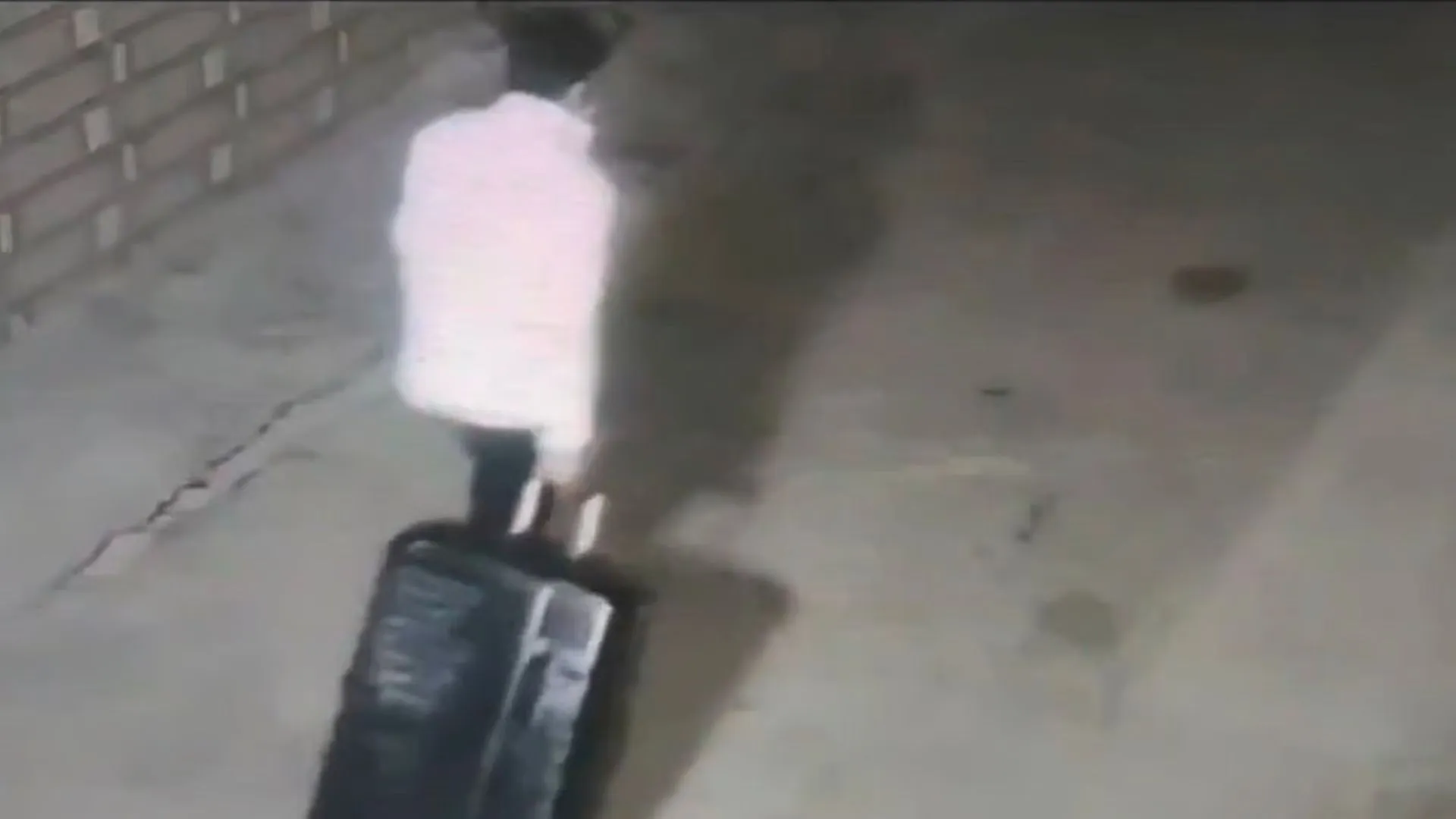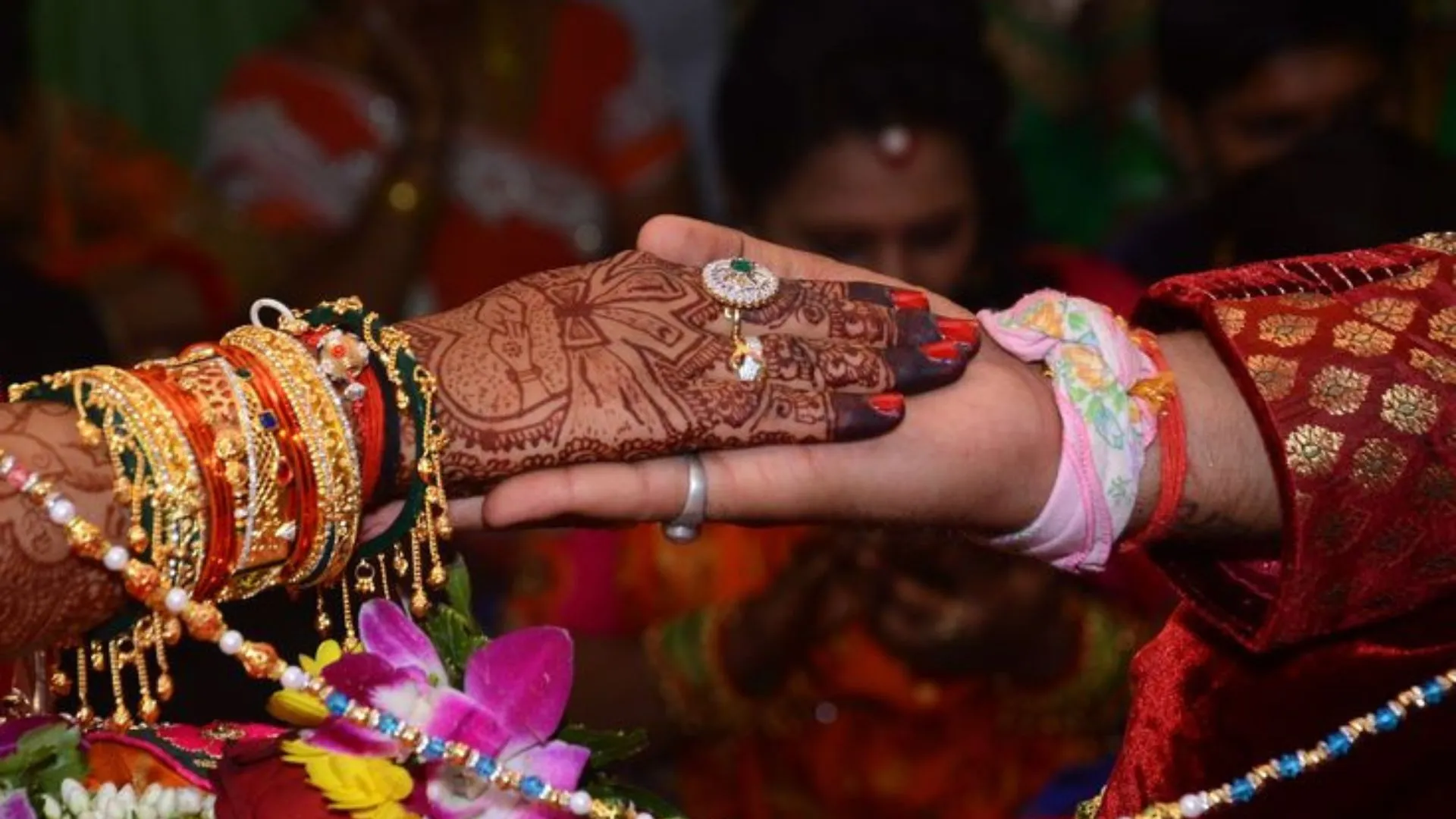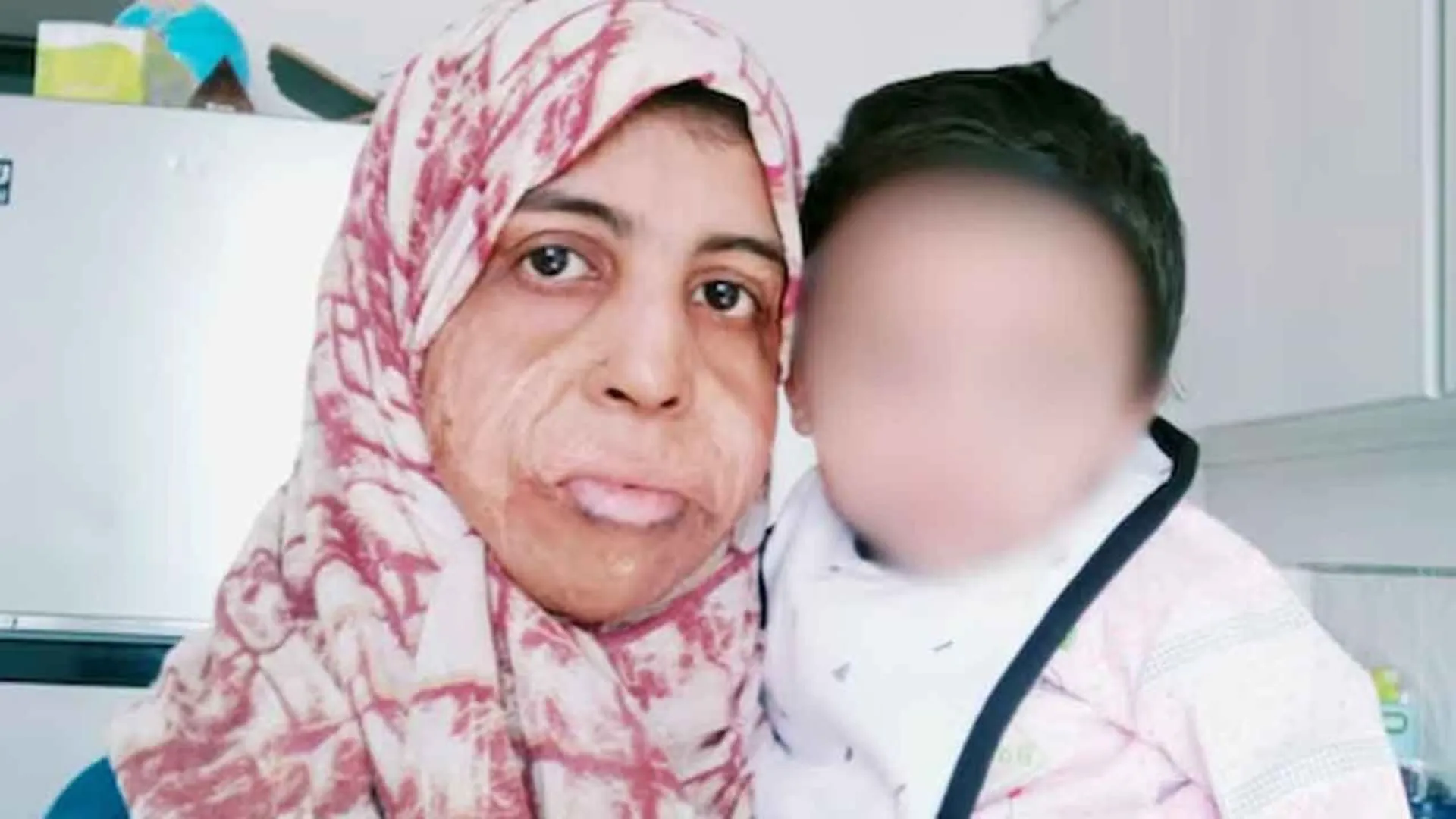Emily Hilberer, a senior at American University in Washington, D.C., graduated college this May in her parents’ basement, eating fried chicken and drinking beer while watching a prerecorded virtual ceremony. Ursula Kahric of the same university is yet to watch the commencement ceremony. College is widely accepted as the best four years of your life.
You go to parties, meet your people, open your mind and have memorable adventures. But for many college-going seniors, the unanticipated shift to online learning took away their final semester of collegiate glory. No graduation ceremony, no more parties, no knowing when you’ll see your friends next and most troublingly, no job assurance. Virtual graduation ceremonies, which may have once seemed absurd, have now become the norm, to the disappointment of many.
Kahric, who has not seen American University’s commencement ceremony said, “My university said it would be live-streamed and instead it was a prerecorded video, which was really disappointing for me. Graduating from college is a big milestone which should be celebrated.” Though universities, students, and notable figures alike are attempting to put their best foot forward — ranging from Barack Obama’s commencement speech to UC Berkley students’ use of Minecraft to digitally duplicate their entire campus — students are still struggling to come to terms with the abrupt end of their college experience.
For many, college is a safe haven and a welcome place to get away. However, with a pandemic sweeping the world, students are finding that their place of comfort has been pulled out from underneath their feet. Speaking of her own experience, Hilberer said, “I’ve truly reverted to my baseline state as an edgy 17-year-old. I wake up every morning with a truly astonishing amount of rage against the universe and immediately proceed to look incredibly exasperated every time anyone over the age of 50 in my household breathes in my direction.
I think I speak for a lot of people my age when I say that my independence and ability to care for myself and set my own schedule was very much a grounding point and source of self-preservation for me and having that taken away has been devastating.” She went on to say, “College was also a place for me to escape all of the hurt that I’ve gathered from my parents as a teen and a child and to be forced back into this situation and be expected to just reconcile those feelings while also managing the classes and the life that I had been living just prior to the outbreak definitely grew to feel unmanageable at times even in the smallest of interactions.”
Not only have college graduates been displaced in their personal lives, but the coronavirus has also left them hanging in seemingly perpetual state of job uncertainty. Kahric, who was supposed to spend the summer interning at a hospital, is now at home with a cancelled internship and uncertain summer plans. “The worst thing I’m experiencing is definitely the uncertainty and lack of opportunities in the job market right now,” said University of Kent graduate Aman Grewal, adding, “I had a few job opportunities lined up, but the interviews fell through due to the virus.”
Grewal, who is spending the quarantine helping out with the family business intends to give the job applications another go once all of this is over. Newly graduated Melissa Weinstein has been applying to jobs 24×7 while still coming to terms with everything that is happening around her. “My dream is to work in the music industry, but it seems there’s a hiring freeze on all live music companies and record labels for the time being. I’ve worked hard to get my foot in the door for the past couple years, so it’s very upsetting to me that I have to wait a little longer to follow my dreams,” said Weinstein.
Most people are in a similar if not the exact same situation and as Hilberer puts it, “There has been an exponential increase in the amount of finger crossing lately.” Others, such as Vishesh Arora, are faced with not a virtual commencement but rather a postponed graduation date. Arora, who is a senior at DAV college in Chandigarh, was scheduled to have graduated in May and be celebrating the same with his friends. However, with his final exams postponed, he is now scheduled to sit for his finals sometime in July and hopefully graduate in August or September.
Even though he has lived in Chandigarh all his life, Vishesh admitted that while being at home with his parents, “should have been comforting, at the same time it’s kind of disturbing because by now I should’ve left for a job or been doing something with my friends.” Regardless of where in the world they are, graduates are feeling the loss of their final months at their academic institutions deeply. “The way it all went under with so much uncertainty and so quickly, it feels like we all didn’t get to say bye to each other or university properly,” said Grewal.
“I felt like all the final goodbyes and emotional ‘lasts’ were ripped away from me. My last sorority formal, my last time quadding in the sun with my pals, and my last final presentation never came. It was hard to come to terms with the fact that I wouldn’t be receiving the closure I deserve,” explained Weinstein. For Melissa, Aman, and many others, this jarring experience has been one that is hard to accept as they transition to an entirely new phase in their lives.
What lies ahead is difficult, if not impossible, for most to predict, but even the chaos of a worldwide pandemic doesn’t prevent our newly graduated college students from seeing the silver linings in a particularly dark situation. Emily expressed how grateful she is for those around her, saying: “My friends have been more of a chosen family than anything and they’ve lent me so many ears, and quarantined couches to sleep on, and zoom calls to complain on throughout this shutdown and that has truly made me see how loved I could be.”
“My silver lining is that I have so much more appreciation for small, everyday things. I used to be the kind of person who if my friends asked me to go out, I’d usually say no because I would rather be at home. After this pandemic, I think I’ll never say no again,” muses Ursula. On the same lines, Vishesh is choosing to be optimistic and believes that the pandemic will prompt many, himself included, to realise that they should find jobs based on their passions and desires and thinks that “this time will help them uncover what those are.”























